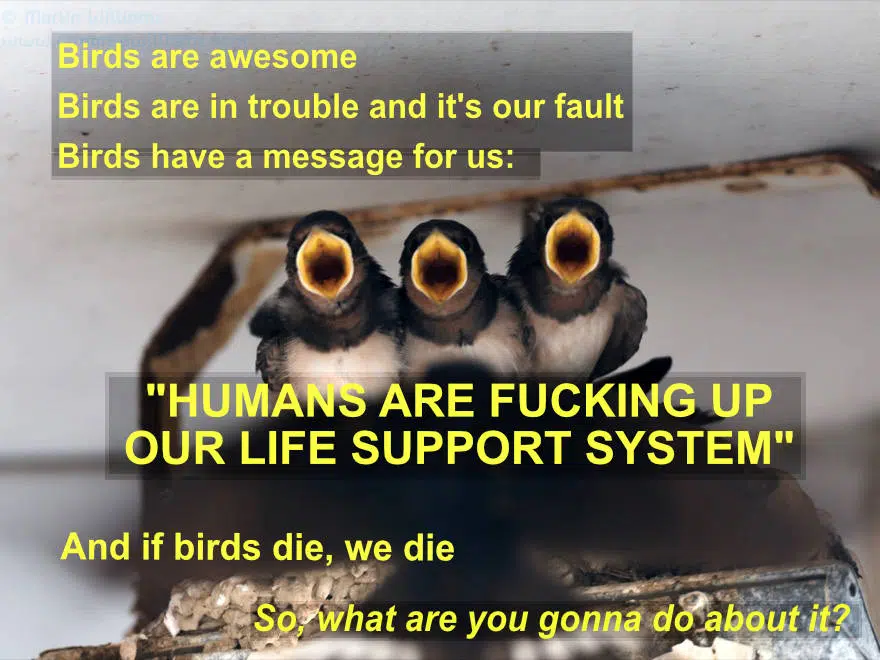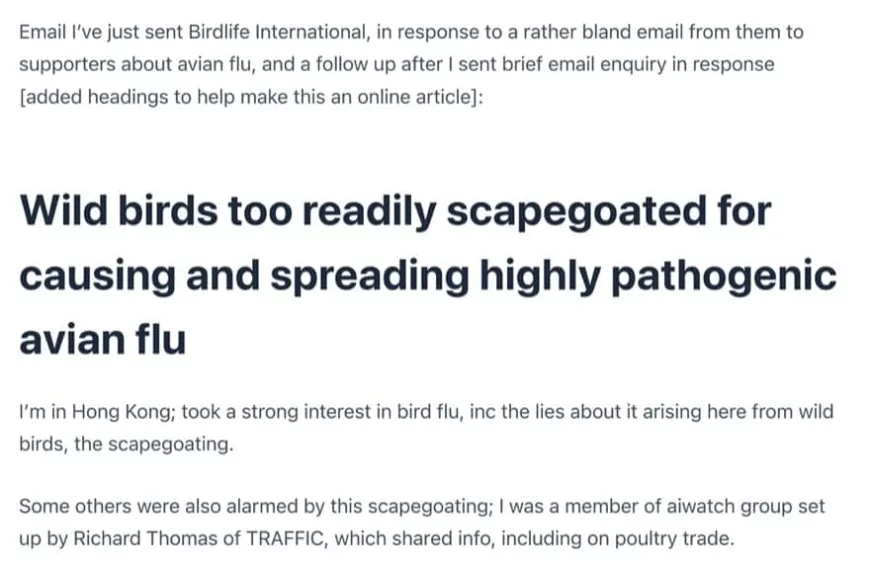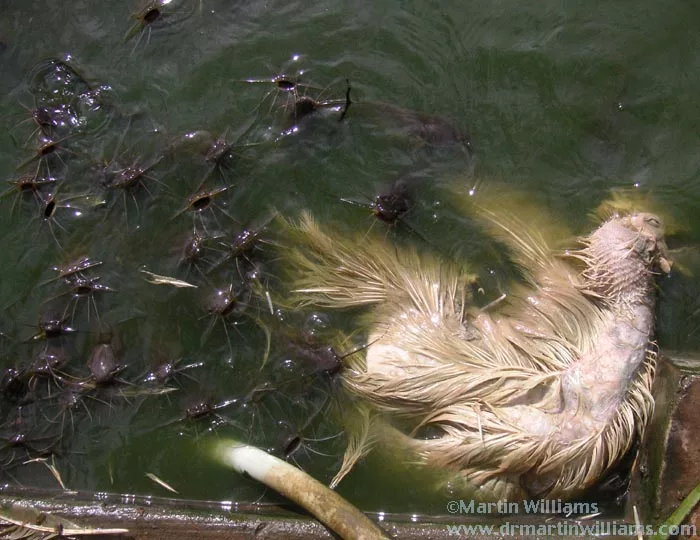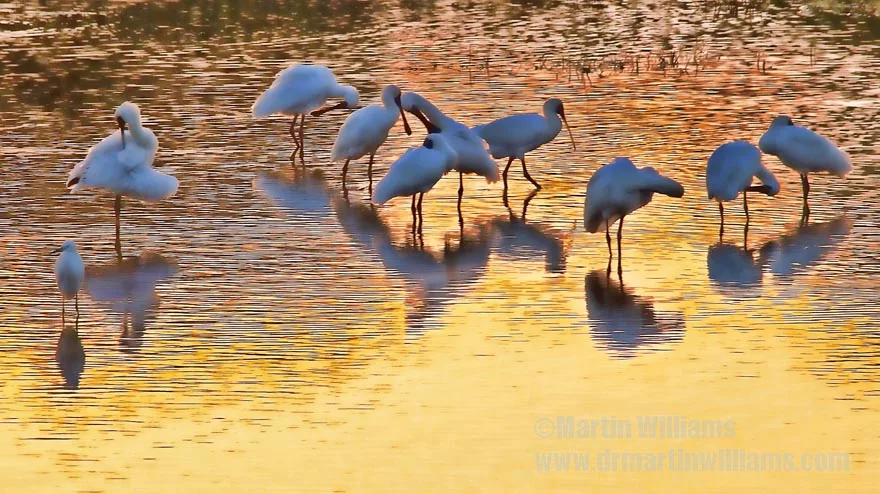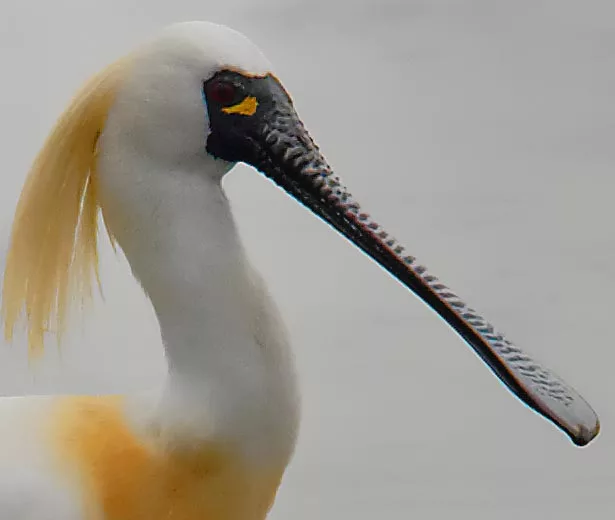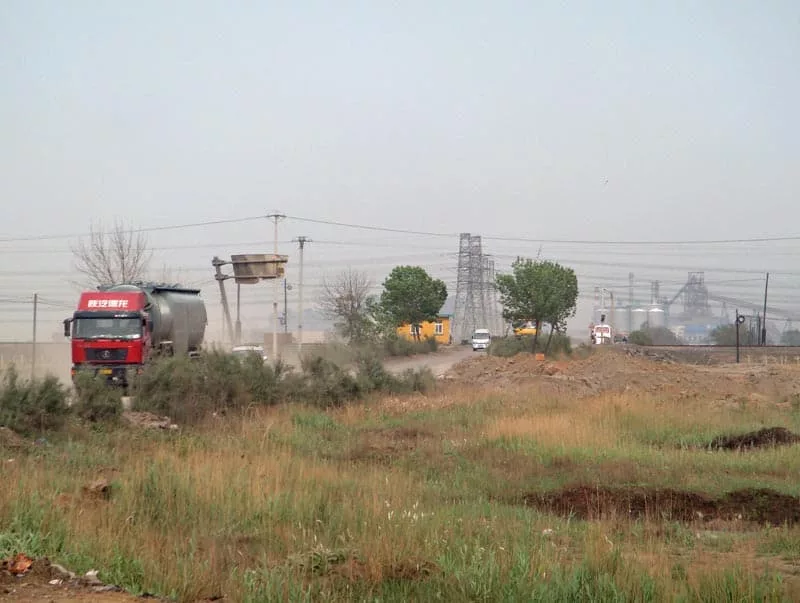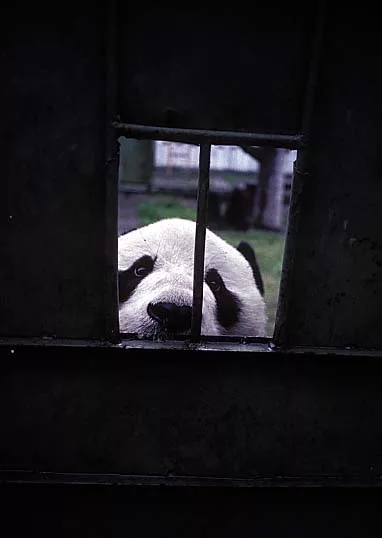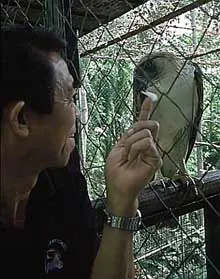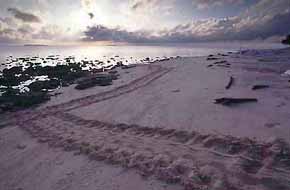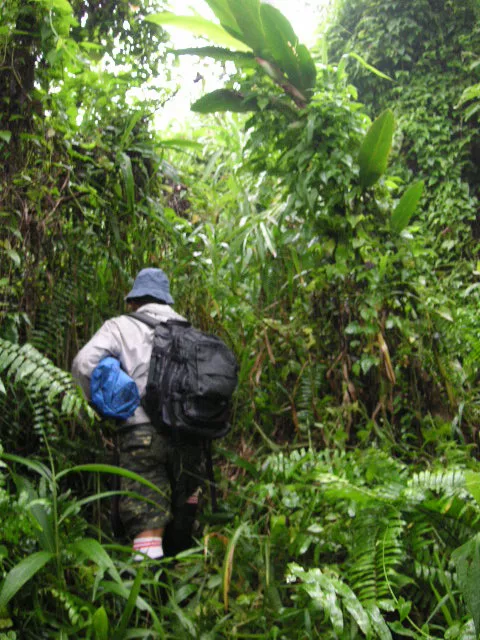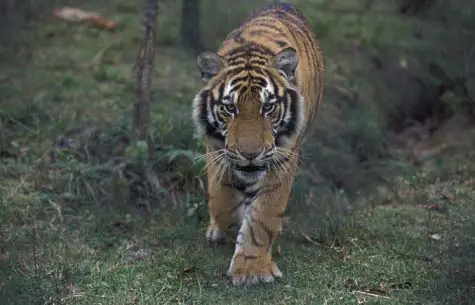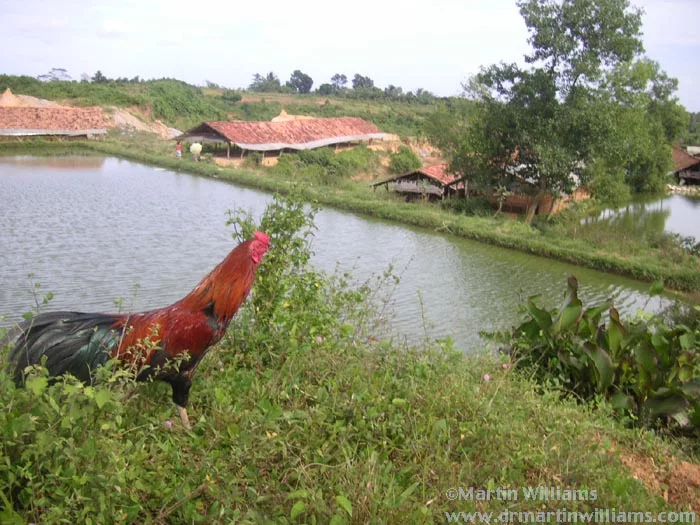On 4 May 2022, the Annual Review of Environment and Resources published an advance version of a paper titled “State of the World’s Birds” by nine authors including Alex Lees, who was kind enough to email me a copy (as when I checked, the paper alone would cost US$32 for subscribers, though it promptly became free to download: currently here).
As you might expect, it’s a comprehensive, fact-packed paper; and the overall situation is not good. And if you’re at all familiar with the natural world, there may not be too many surprises: birds are wonderful, including as they perform ecosystem services benefiting we humans; but they also face an array of threats, mostly resulting from human activities – hunting, habitat loss, climate change… All too familiar indeed.
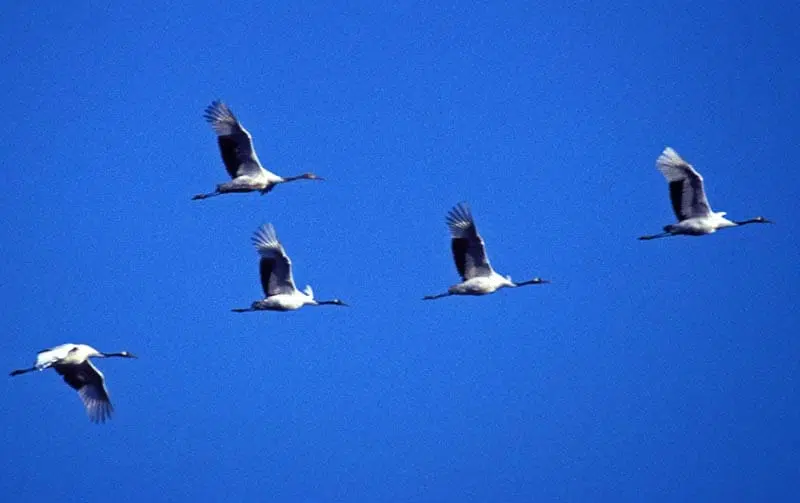
Perhaps one surprise is that some wetland bird populations have shown some recoveries, thanks to wetland protection and restoration. Not so much here in east Asia, I reckon; but still, this is a plus, and shows that things can change for the better. IF we humans act in suitable ways.
That’s a big IF of course.
And to me, the paper does not make a strong case for such action; at least, not to many people, especially policymakers. The word “need” appears several times; there’s a need to do this, or that, to help birds; but not really showing we as human species should act in bird beneficial ways.
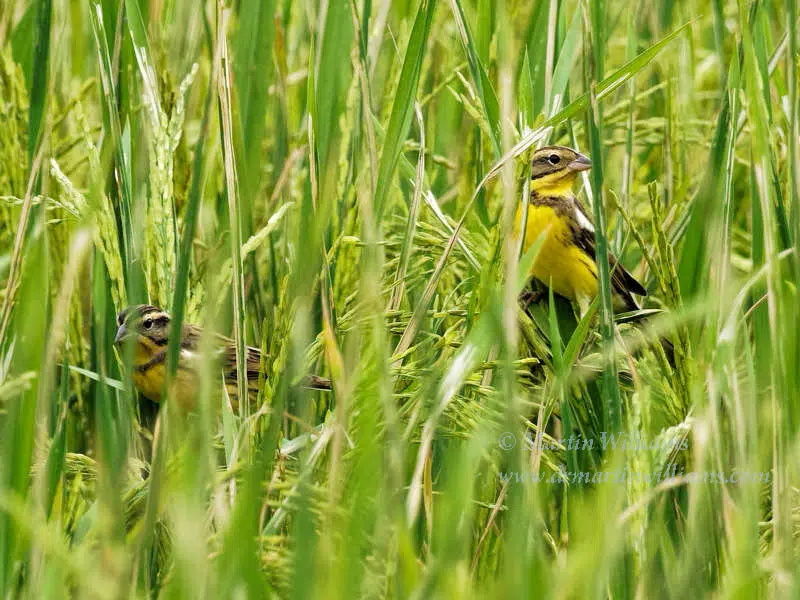
To me as a birder with an interest in conservation, of course should protect birds and their habitats; it’s a no brainer. And I used to believe that if we told of what’s happening in the natural world, and what might be done to help correct problems, then people like those in power would at least take some steps to help – while realising, perhaps, that saving birds means maintaining the very life support systems we ourselves rely on.
What a lot of fanciful bullcrap that has proven to be! Look around, at the sociopaths so strongly in charge and how they behave; and I believe worthy papers like this will not influence them one jot; not without trying to reach out from the world of ivory towers [and birding sites…] to at least see if possible to sway some non-nature lovers, and persuade them that the needs of birds are intertwined with their needs too.
Even the abstract isn’t an easy read; and the fates of birds themselves seem rather abstract, separate from humans; for instance:
We present an overview of the global spatiotemporal distribution of avian biodiversity…. Many metrics of avian biodiversity are exhibiting globally consistent negative trends
Who talks like this in real life? Later, we can read about “birds in space and time”; now that’s more like it, for a little more chance of reaching regular folk, not fellow scientists and bird enthusiasts.
The introductory paragraph to the section titled Birds in Space and Time is, to me, the best part of the paper; could be alternatively titled Birds are Bloody Marvellous and Gobsmackingly Awesome; including:
an estimated one million Antarctic Petrels (Thalassoica antarctica) nest in a single colony in the Mühlig-Hofmann Mountains 200 km inland in Antarctica, and Snow Petrel (Pagodroma nivea) colonies have been found up to 440 km inland from the Antarctic coast. At the other extreme, colonies of another seabird—Hornby’s Storm-Petrel (Oceanodroma hornbyi)—were recently discovered for the first time 75 km from the sea in the absolute desert region of the Atacama Desert, which harbors virtually no other life…. A Rüppell’s Vulture (Gyps rueppelli) that collided with an aircraft at an altitude of 11,300 m and an Emperor Penguin (Aptenodytes forsteri) recorded diving to 564 m depth illustrate the range of heights and depths at which birds are physiologically capable of operating.
Reading this, you might have to be pretty heartless to figure birds don’t merit protection. But, see many a leader in business and politics …. More is needed for them to see the “need” for protection – and helping boost coffee production and create fertiliser perhaps won’t impress those with intensely urban lifestyles, disconnected from nature.
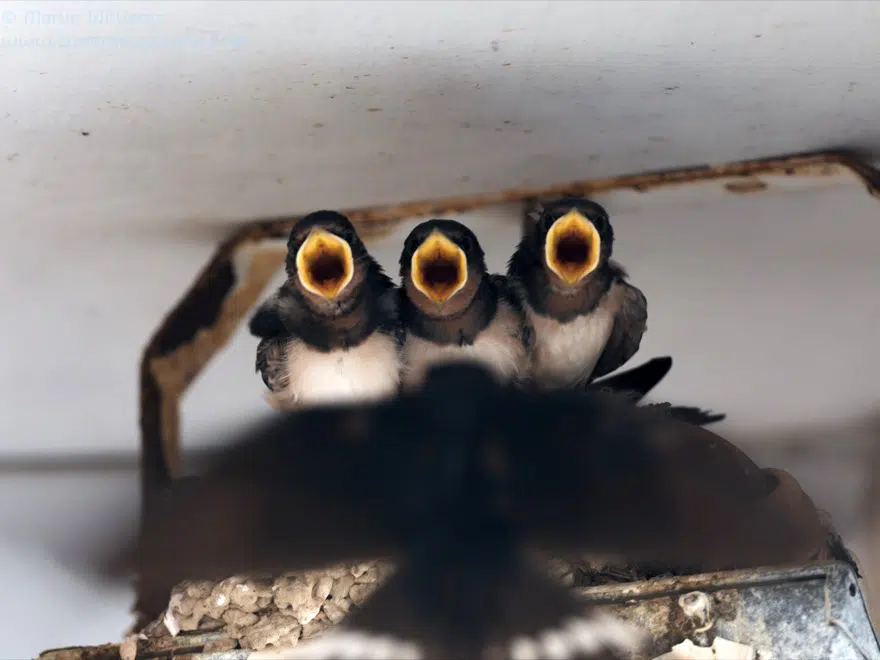
For regular people, there’s perhaps an opportunity to highlight birds they are familiar with: sparrows, blackbirds, swallows or whatever; as even among these there are some disturbing changes in populations. Baselines are changing, sometimes very fast. But there’s little of this; who among us, for instance, has been anywhere near a White-shouldered Fire-eye (or even heard of the species before; I hadn’t, but now will look out for one if happen to be in the right neighbourhood)?
So to me, it’s a wonderfully worthy review, the kind to lead to a few worthy media articles, as in The Guardian with ‘Canaries in the coalmine’: loss of birds signals changing planet, which connected birds’ fates to ours right there in the headline. [And before seeing the article, I’d emailed Alex inc canaries in coalmine metaphor, which is pretty obvious.]
But really, amidst all the flim flam stories of whether Amber slapped Johnny, or Keir had a beer, the state of the world’s birds is of far higher importance; relating to the state and future of the biosphere, and of us humans.
The frustrations I express here arise as the information within deserves far wider exposure, and really should have an impact. The classic book Silent Spring stirred people into action by highlighting how birds helped show the dire impacts of DDT on our world; this paper is about so much more – and is in step with more on the insect apocalypse, the ongoing sixth extinction, climate breakdown and so forth. To many people, the response might be simply, meh…. (Have you seen the movie Don’t Look Up? The world’s about to be smashed by an asteroid, and while there is a chance to stop this, the scientists giving the warning are barely listened to.)
So admittedly, there’s no easy way to encourage action, no matter the language. But to me, it’s past time for erudite, scholarly reviews like this, at least without also having related media releases, articles and so forth that target wider audiences. And these might say something akin to:
Birds are awesome.
Birds are in trouble, and it’s all our fault.
Birds have a message for us: we’re fucking up our life support system, big time.
And if birds die, we die.
So, what are you gonna do about it?
